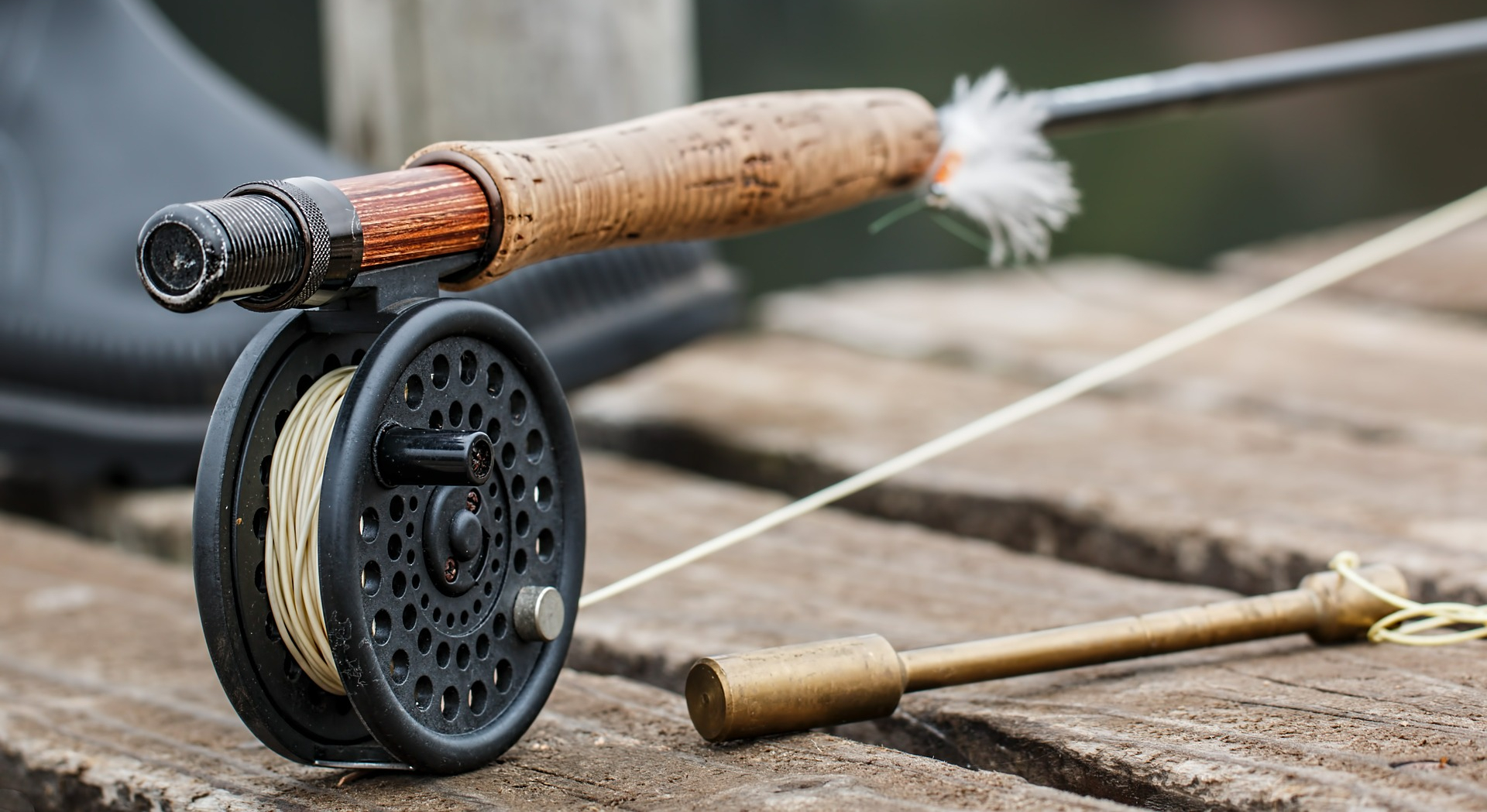
Climate Change and Fishing
July 31, 2017
Share:Worried about climate change? Time to take a vacation? Get your mind off the troubles of the world for a while? Maybe a nice fly-fishing trip would help you relax. Drop a line. Catch a fish? Good luck on that one. Warmer water temperatures and a shifting seasonal calendar are causing a crisis in the sport fishing industry.
Fish tend to be temperature-specific. While some fish can tolerate warmer water temperatures, fish like trout, walleye, and salmon need cooler water in order to survive. The warming water associated with climate change along with the changes in river flow patterns have resulted in a sharp decline in certain fish populations. It’s harder to catch a fish, because there aren’t as many.
Scientists from the National Wildlife Federation point out that as the water warms, the distribution of freshwater species will shift northward. There will be fewer areas in which to fish and you’ll have to drive a lot farther to find them. One of the reasons why the waters of rivers and lakes are warming is from a phenomenon known as a “calendar shift.” Spring is arriving earlier. Summer is lasting longer. These warmer temperatures are changing habitats. And it’s making the water in rivers and lakes warmer and more saline. A loss of habitat equals a loss of fish.
Trout and salmon are especially vulnerable to climate change. As the flow rate of rivers change, so does the ability of these fish to spawn. In addition, climate change disrupts the life cycle of aquatic insects. The loss of these insects affects the entire food chain. No insects, no fish. As rivers warm, invasive species more tolerant to higher temperatures move in and use up the remaining resources, effectively pushing out the trout.
The effects of climate change on sport fishing are being felt across the U.S. In Montana, the snow is melting earlier each year. The springs and summers are hotter. Thus, not enough cool water is flowing into streams. This has resulted in a sharp decline in the number of trout and bass. The combination of droughts and low-stream flows have caused officials to close many streams off to fishing. The ecosystems have become too fragile to endure any added stress. In the Appalachian region, the eastern brook trout is in peril. An 8% temperature increase will eliminate 50% of the brook trout’s habitat. Area anglers will have to drive farther to fish. The drive from cities in the Appalachian region to area trout streams varies from 4 to 87 miles. As climate change destroys habitats, scientists predict that the distance to these trout streams will increase by 164 miles.
In New Mexico, trout are especially sensitive to temperature and habitat changes. Wildfires, caused by climate change, are destroying the area vegetation. As a result of this loss of plant life, run-off is dumping sediment into streams and causing the water to become even warmer. Cutthroat and brook trout can’t tolerate the warmer water temperatures. Jack Williams, a scientist at Trout Unlimited, predicts that there will be a 77% decline in brook trout by 2080. And it isn’t just cold-water fish that are being affected by climate change. Warmer lake waters across the United States are causing bacterial disease. This results in massive native fish losses, allowing invasive species to move in. Increased water temperatures can also contribute to algae bloom. These toxic algae blooms choke off the oxygen in a lake, causing large-scale fish die-offs.
The National Wildlife Federation projects that climate change will cause the angling industry to lose $6.4 billion per year by the end of the century. But these losses are nothing in comparison to the loss of habitat and species. If climate change is not curtailed, 50% of the habitat suitable for cold-water fish like trout will be gone in our children’s lifetimes. Fishing isn’t just about throwing in a line; it’s part of our social fabric. Fishing is about sitting down in a comfortable chair, listening to the sounds of the river and enjoying time spent with family. It’s about making memories with our children and grandchildren. It’s time to “reel in” climate change.
Want to learn more about climate change and its effects on fishing? Check out these sources:
- Trout Unlimited
- National Parks Service
- U.S. Geological Survey
- National Resources Defense Council
- National Wildlife Federation
- National Oceanic and Atmospheric Administration
Of course, climate change won’t just be a problem for recreational activities like fishing; it will also have detrimental effects on fish as a human food source. We’ll publish another post in just a few days that will address that issue. Stay tuned!
Share: